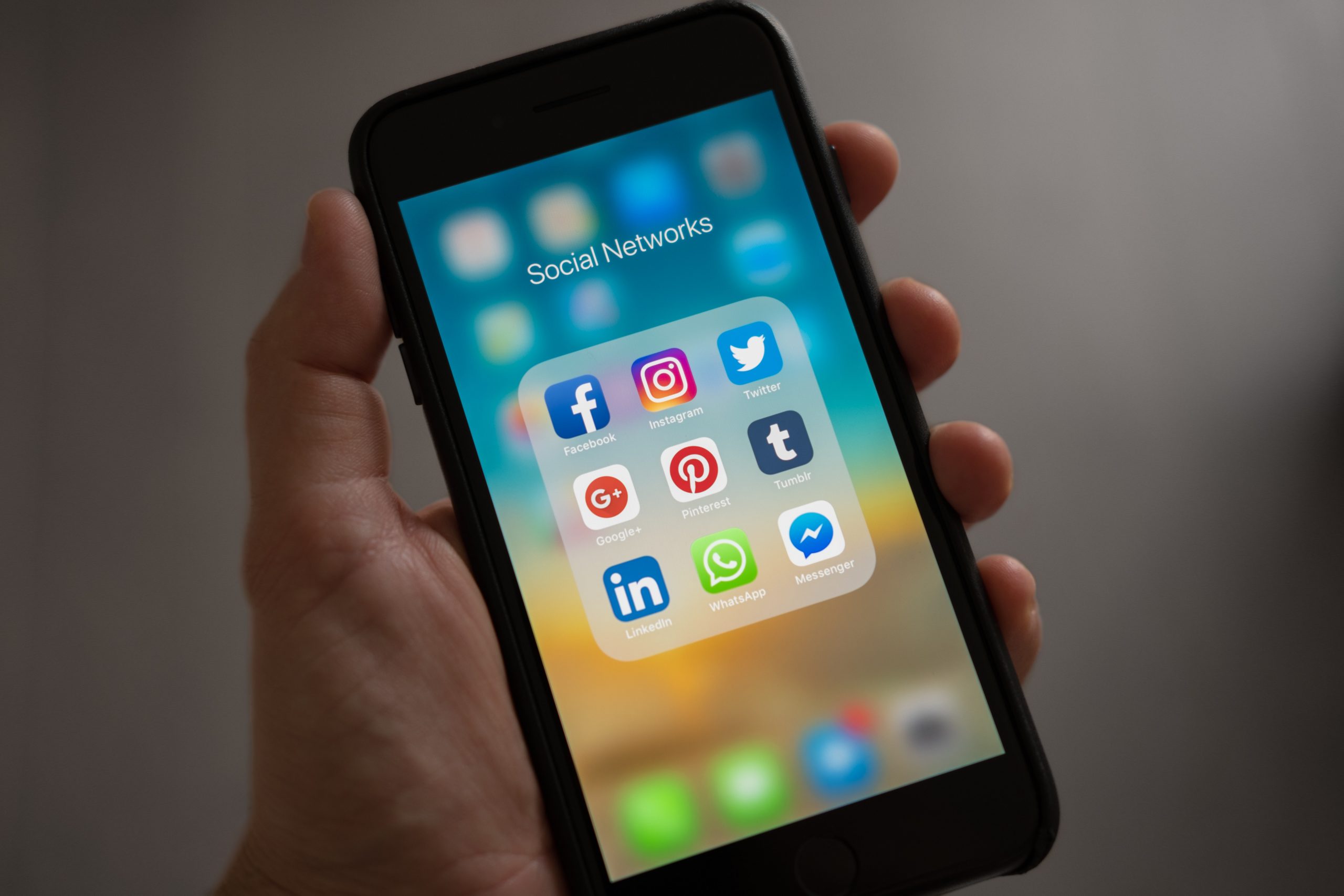The rise of the healthcare social media influencer
June 7, 2021 | digital health, digital strategy, digital tools, disease awareness, multichannel strategy, omnichannel strategy, social media
The consumer industry has long been leveraging the power of social media influencers with enormous success. But can the highly regulated healthcare industry achieve the same results? Daniel Brackins explores the influencer marketing opportunities for life science companies and answers your questions.
 Over the past few months, consumer trust has waned across all institutions, from the government to the media. Trust in traditional sources is now at an all‑time low. However, despite this decline, consumers still trust business. Moreover, according to the Edelman Trust Barometer, the only institutions considered both competent and ethical are businesses.1
Over the past few months, consumer trust has waned across all institutions, from the government to the media. Trust in traditional sources is now at an all‑time low. However, despite this decline, consumers still trust business. Moreover, according to the Edelman Trust Barometer, the only institutions considered both competent and ethical are businesses.1
At the same time, we’re seeing a revolution in the role of the voice of the consumer, with 68% of people believing consumers have the power to force businesses to change.1 Today, the most trusted spokespeople in society are academic experts and the every‑day person — more than the government, CEOs, and journalists.
Healthcare and pharmaceutical companies now have an opportunity to not only make their own voices heard but to partner with patient influencers, who have built large followings based on their authenticity and relatability.
Consumer businesses often view social media influencers as a way to speak to their audiences using a trusted persona. While healthcare has been slow to adopt the influencer voice, influencers can help healthcare companies to build trust, especially in an era dominated by fake news with these individuals can also enable life science companies to elevate the patient voice in their communications, leading to a more patient‑centric brand.
Social media platforms have democratized the creation and dissemination of information—anyone can express an opinion and share it with their followers. Their content extends to in‑depth customer reviews and highly personal stories that drive disease awareness.
Consider that when an influencer shares content, 93% of followers are likely to ask their physicians or healthcare professionals for more information about a specific medication, when an influencer shares information about a specific medication, 87% of followers are likely to ask their physician or healthcare professional about the treatment.2
In contrast, studies show that celebrities have very little influence on decision‑making within healthcare. Researchers found that including a celebrity voice in a campaign did not inspire the patient to act and search for more information, discuss the disease with their doctor, or ask for a prescription—the same holds true for expert endorses.3,4
While expert endorsers, or key opinion leaders, remain important for building trust, they are less effective in the diffusion of prescription drug information among consumers.5 Experts make a product or brand credible, but patients see consumer influencers as their trusted peers. Their content is more relatable, especially for patients who are less health literate. As a result, the most powerful campaigns combine the voices of experts and consumer influencers.
READ THE FULL ARTICLE HERE
This content was provided by Avalere Health
Company Details
Latest Content from Avalere Health
Hepatitis (C)an’t wait: taking a de-centralized approach to cure the epidemic
Hepatitis C is a curable disease, so why are so many countries off track to achieve the World Health Organization elimination target? This World Hepatitis Day, we compare several countries’...
The key to psoriasis innovation? Dispelling the shadow of the JAK inhibitor
Powerful therapies that can improve skin clarity dominate the psoriasis landscape, so why are most patients stuck in a cycle of ineffective topicals? Fishawack Health explores the market and reveals how life...
Healthcare tech: the driving force behind value-based care?
In 2020, healthcare technology investment went into overdrive. We speak to Sunny Kumar, Partner at GSR Ventures, to find out how COVID‑19 has transformed the industry and whether healthcare technology...
Numbers, navigation, and narratives: digital storytelling in medical communications
Science and storytelling aren’t often seen as compatible. One is based on cold, hard facts, while the other is synonymous with improvisation and theater. However, when done well, storytelling can...
Building the hospital of the future
Senior Consultant Leah Carlisle explores the growing trend of virtual hospitals and what it takes to develop a holistic digital ecosystem centered on the ultimate patient experience.
Welcoming analytics-driven digital marketing agency closerlook to the Fishawack Health pack
Fishawack Health enhances its omnichannel capabilities with the acquisition of closerlook, a data analytics and digital native healthcare agency specializing in intelligent omnichannel marketing solutions.
The rise of the healthcare social media influencer
The consumer industry has long been leveraging the power of social media influencers with enormous success. But can the highly regulated healthcare industry achieve the same results? Daniel Brackins explores...
Vaccine hesitancy eBook
In this e-book, we answer the difficult questions around vaccine hesitancy. Our consultants and commercial experts explore the behavioural science and reveal strategies for improving uptake.
Deep 6 AI: the smart software breathing new life into clinical trials
Fishawack Health interviews Wout Brusselaers, the Deep 6 AI CEO using artificial intelligence to solve one of the greatest barriers stagnating healthcare innovation—clinical trial recruitment and retention.
Are you ready for the digital health revolution?
In this edition of Delta magazine, we explore how rapid digitalization has transformed the care pathway and reveal how life science companies can succeed in the digital age.





